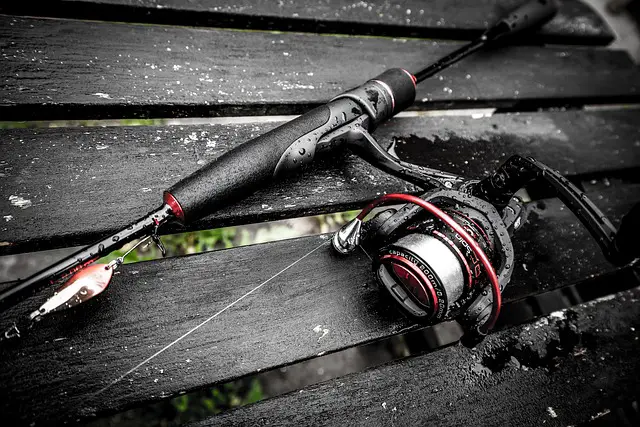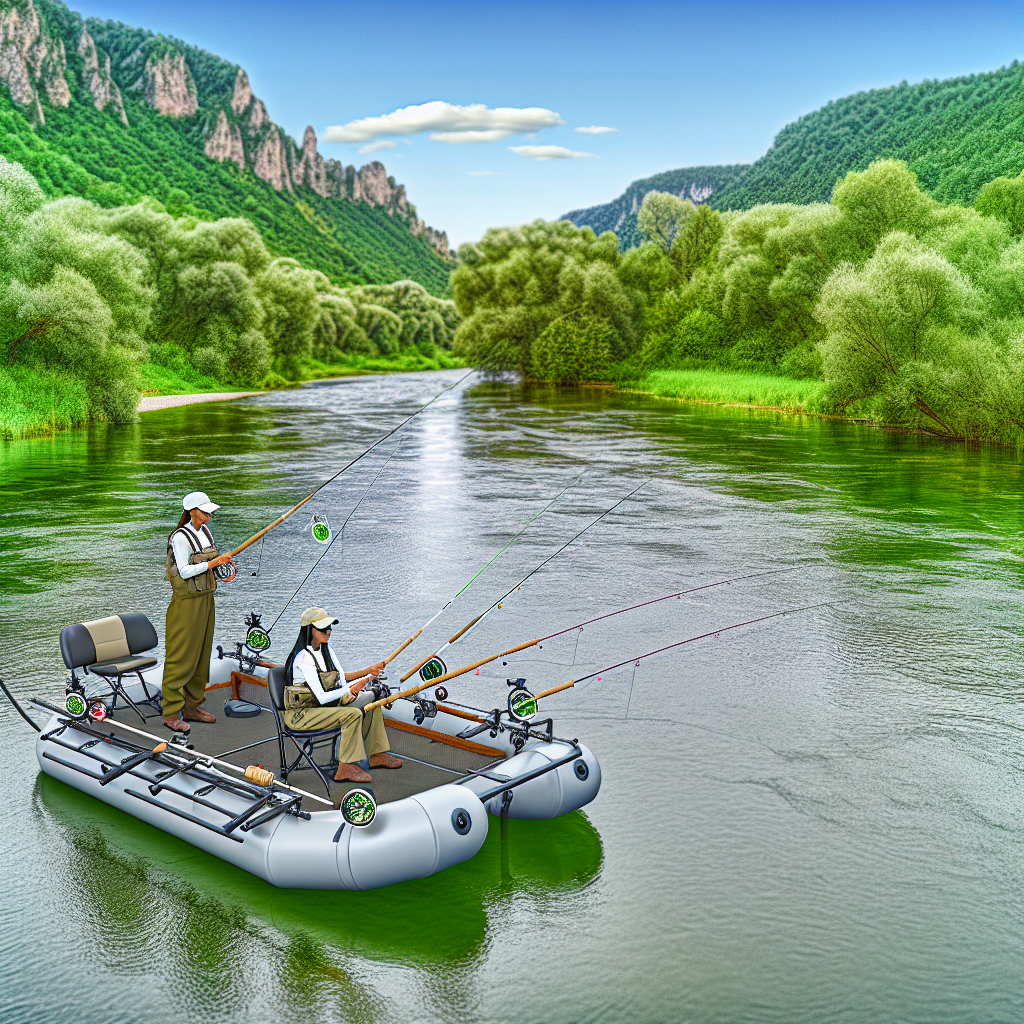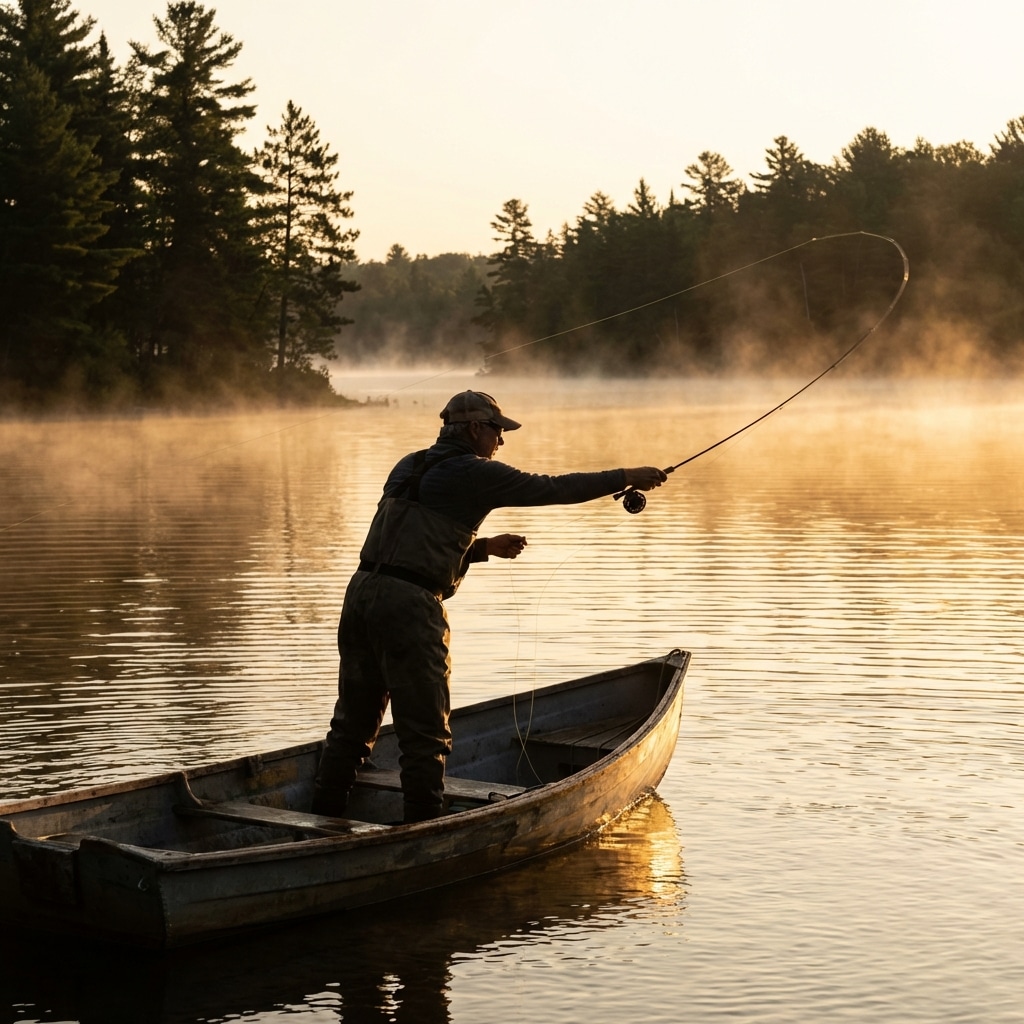When it comes to freshwater fishing, few species are as coveted and exciting to catch as the bass. Known for their relentless fighting ability and impressive size, bass have captured the interest and passion of novice and experienced anglers alike.
What is Bass Angling?
Bass angling, simply put, is the activity of fishing specifically for bass. While there are several types of bass, including smallmouth, largemouth, and spotted bass, the term usually refers to fishing for any of these species. Bass angling can be performed from the shore, a dock, or a boat and can involve the use of a variety of types of bait and tackle.
The Art of Locating Bass
Bass angling is not just about casting your line and waiting for a bite. It requires a great deal of knowledge, skill, and patience. One of the key aspects of successful bass angling is knowing where to locate them.
Understanding Bass Behavior
Bass are predatory fish that generally prefer warmer waters. They are known to inhabit areas with plenty of cover such as submerged logs, weed beds, or rock formations, where they can ambush their prey.
Seasonal Patterns
As the seasons change, so do the behaviors of the bass. During the colder months, they tend to move to deeper waters and become less active. As the water begins to warm up in spring, they start migrating to shallow areas to spawn. Understanding these patterns can greatly influence your success in bass angling.
Choosing the Right Gear
Another critical element in bass angling is selecting the appropriate gear. This includes your fishing rod, reel, line, and bait.
Fishing Rods and Reels
Your rod and reel choice will depend largely on your personal preference and fishing style. However, a medium-heavy rod with a fast action is typically preferred for bass angling as it offers the best balance of strength and sensitivity.
Line and Bait Selection
When it comes to line selection, consider the water clarity and the type of cover you’re fishing around. In clear waters, a fluorocarbon line is typically the best choice as it’s virtually invisible to the bass. For bait, live baits such as minnows or worms can be effective. However, artificial lures like plastic worms, crankbaits, or spinnerbaits are often preferred by experienced anglers.
The Thrill of the Catch
Perhaps the most rewarding aspect of bass angling is the adrenaline rush that comes from hooking a largemouth or smallmouth bass. Known for their aggressive strikes and acrobatic leaps, bass put up a formidable fight that would challenge even the most seasoned angler.
Mastering Your Hookset
A successful bass angler knows the importance of a timely and precise hookset. When you feel a bass strike, it’s crucial to set the hook firmly to secure it. However, it’s equally important to not jerk too hard as it could rip the hook out of the fish’s mouth.
In conclusion, bass angling is a dynamic and exciting outdoor activity that tests your angling skills and understanding of fish behavior. It requires patience, knowledge, and adaptability – but the reward of reeling in a robust, fighting bass is worth all the effort.




